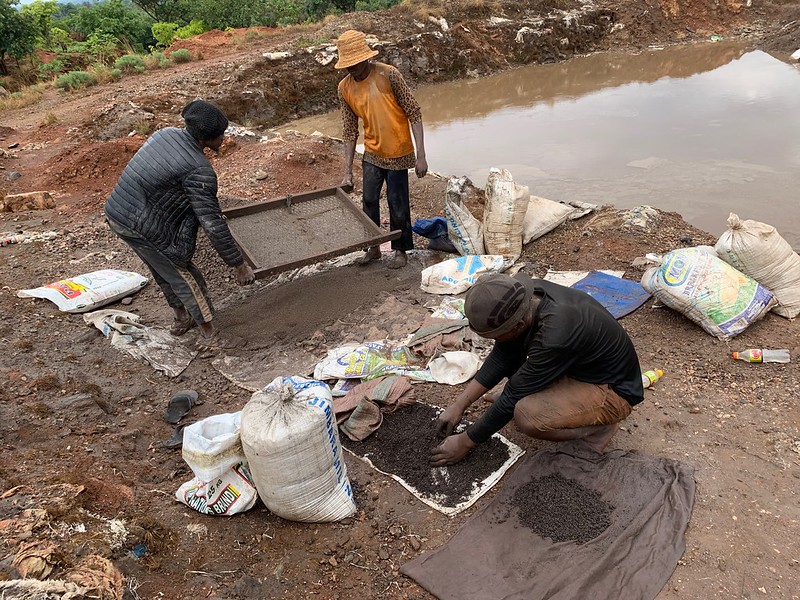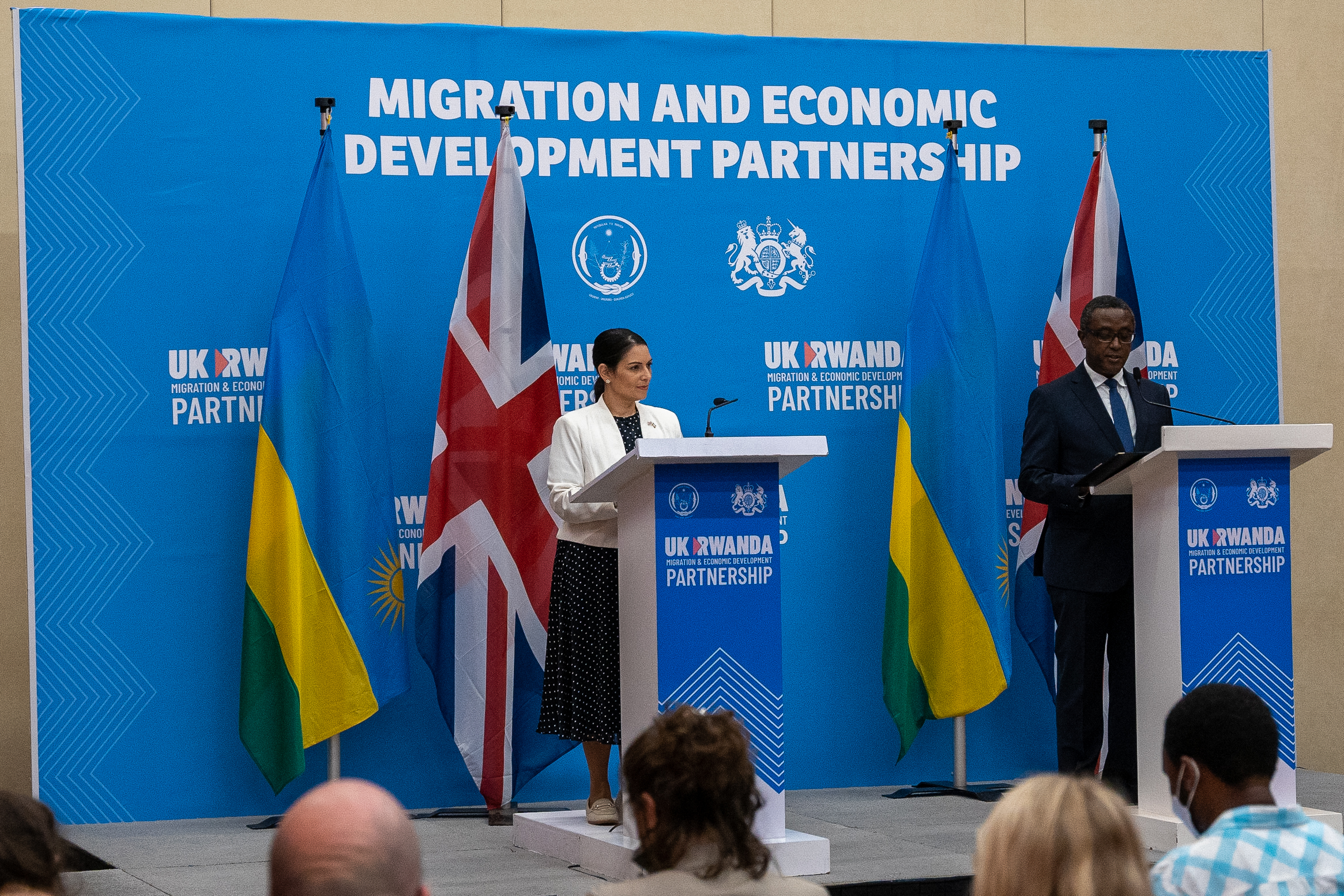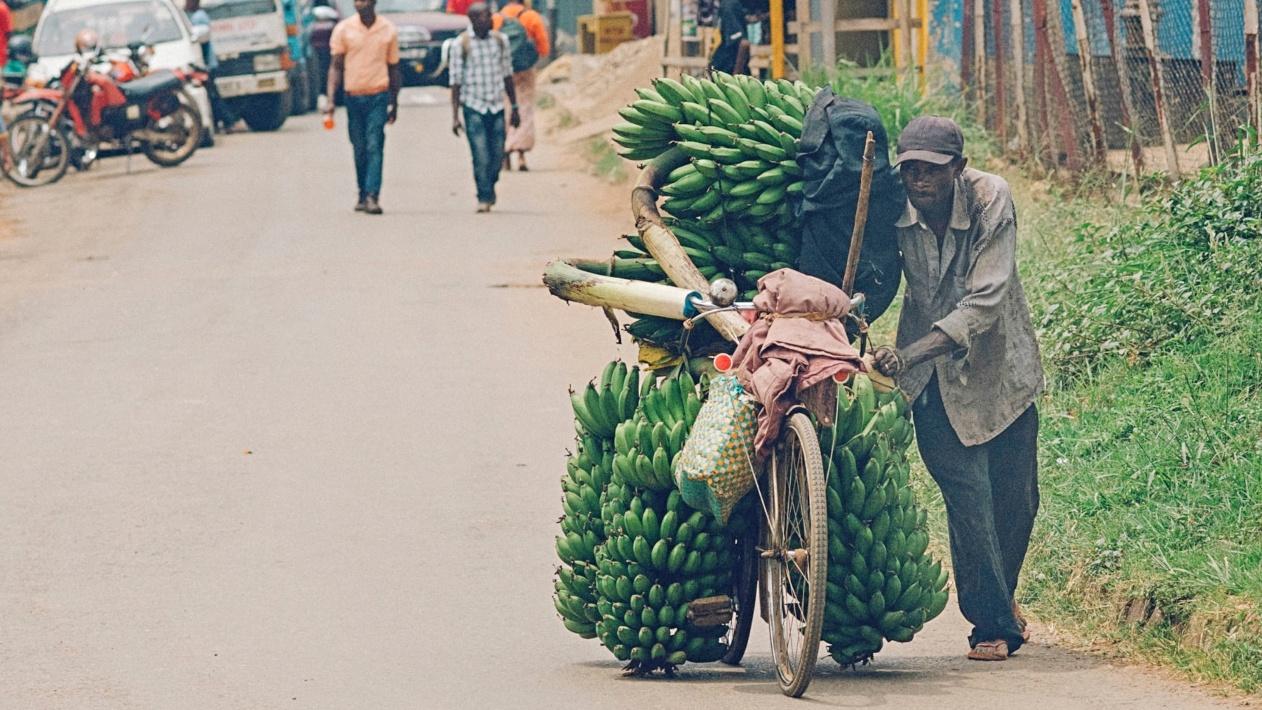The UK’s silence on the atrocities committed in the Democratic Republic of Congo shows that when it comes to women, peace and security, realpolitik trumped protection. The new Labour government has an opportunity to change that, writes Anna Williams.
Violence has continued to escalate in the Democratic Republic of Congo (DRC) throughout 2024, as the March 23 Movement (M23) armed group have closed in on the eastern city of Goma, bordering Rwanda. Women and girls are significantly impacted by this recent escalation in violence. The hospital in Goma run by the International Committee of the Red Cross (ICRC) reported in April that 40 per cent of its patients were civilians, mostly women and children In January 2024 USAID reported at least 6,000 cases of gender-based violence in the North Kivu of DRC.
The US, the UN, France and other allies claim that M23 is backed by the Rwandan government. The UN Panel of Experts on the DRC, have alleged that Rwanda directly founded M23 and has provided training for the group’s combatants at the Rwanda Defence Force (RDF) Academy and that RDF troops are operating in DRC. The US, Belgium, France and Germany have all urged Rwanda to leverage its influence over M23 to encourage them to withdraw and engage further in peace talks. Rwanda has consistently denied any role in M23’s formation and operations.
The UK’s Rwanda policy
This escalating violence and increasing scale of atrocities comes amidst a highly-publicised UK-Rwanda Treaty on an asylum partnership. The policy would have sent people who entered the UK illegally to Rwanda where they would have the opportunity to apply for asylum there rather than apply in the UK.
The scheme was a central policy of the UK government under the previous administration. The Conservative Party lost in a landslide to the Labour Party in the UK general election on 4 July. Under the agreement, the UK agreed to pay £370 million in development funding to Rwanda, plus a further £120 million once 300 people have been relocated under the scheme. The new Labour Prime Minister, Keir Starmer, has called the scheme “dead and buried”.
The former Conservative Party government conspicuously chose to ignore the allegations against Rwanda, showing the clear tension between the UK’s rhetorical commitment to preventing gendered violence and how it is prepared to act.
At the International Ministerial Conference on Preventing Sexual Violence in Conflict Initiative held in London in November 2022, the UK’s national commitments included using UN and UK sanction powers to “deter conflict-related sexual violence (CRSV) perpetrators” and supporting survivors’ access to justice.
The UK’s Women Peace and Security National Action Plan (WPS NAP) includes a commitment to accountability, including of the UK’s international partners such as Rwanda.
There is clear mutual benefit for the UK and Rwanda from the Asylum Partnership, and for the continued maintenance of a strong relationship on both sides, and both governments have something to lose should this relationship collapse. The UK has previously coordinated with Rwanda’s military to mobilise joint UK-Rwandan peacekeeping missions in the region which benefits the UK’s security interests. Rwanda was receiving a significant ODA package as a result of the Asylum Partnership, and benefits from the continued support of the UK government, both in direct funding and diplomatic support.
There is an opportunity for new Prime Minister Keir Starmer and his cabinet to properly address the enormous challenges faced by the women and girls in eastern DRC. One of Labour’s key election promises was to “modernise development” which includes a renewal of FCDO expertise and focus in priority areas which they list as “supporting economic transformation, tackling unsustainable debt, empowering women and girls, supporting conflict prevention, and unlocking climate finance.”
Labour will be accountable for how the relationship with Rwanda is managed going forward and taking the allegations against M23 and the Rwandan government seriously. On 8 July, the UK Political Counsellor Fergus Eckersley called on the UN Security Council, to uphold the humanitarian truce in DRC and that the UK “deplore[s] ongoing reports of sexual and gender-based violence.” This is an encouraging first sign. But this emphasis needed to be embedded in all aspects of the UK’s foreign policy, that includes ensuring accountability amongst its allies.
The previous UK government took an “add and stir” approach to WPS, rather than taking an integrated approach to implementing the WPS NAP in all foreign policy, including bilateral diplomacy and strategic partnerships on issues such as immigration. Shallow and symbolic promises from both the UK and Rwanda to address the key issues of violence against women and girls, particularly in conflict-affected settings, have failed to carry over into meaningful policymaking and adequate protection.
It is imperative that WPS commitments made by the UK are integrated into all programming by the FCDO, the Home Office, and the Ministry of Defence. The UK must play its part in effectively protecting and advocating for the security of women and girls.
The UK and the new Labour government is in the position to do more. Sir Keir Starmer and new Foreign Secretary David Lammy must take responsibility and move their UK’s WPS action plan from an abstract idea into practical policy that they can implement if they truly want to advocate for change for women and girls, domestically and abroad.
Photo credit Foreign, Commonwealth & Development Office used with permission CC BY-NC-ND 2.0






Thankbyou for all the information. The government have a lot to address. I thought the Rwanda idea was already dead. What a waste of money.